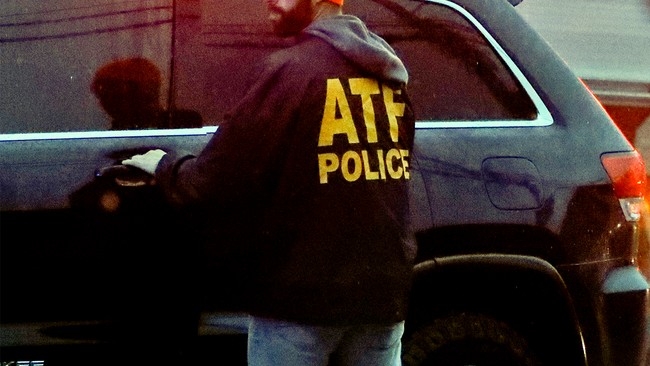A new bill filed in the Arkansas legislature is taking aim at local enforcement of federal gun laws, a move that appears prompted, at least in part, by the 2024 ATF raid on the Little Rock home of Bryan Malinowski, who was shot and killed by ATF agents who suspected Malinowski of dealing in firearms without an FFL. While no one with the ATF is facing criminal charges for Malinowski’s death, the controversial raid and its aftermath has captured the interest of lawmakers, including state Sen. Gary Stubblefield and Rep. Wayne Long, who are the primary sponsors of the “Anti-ATF Commandeering Act”.
The Anti-ATF Commandeering Act has the intended purpose in its title to “prohibit the provision of material aid and support for enforcement of federal firearms laws.” House Bill 1481 bases its justification on the finding that “the United States Supreme Court has long held that states do not have to participate in the enforcement or effectuation of federal acts or regulatory programs.”
The legislation states that Arkansas or any of its subdivisions may not provide material aid and support for enforcing federal firearms laws. This includes enforcement, regulation or execution of federal firearms laws.
Stubblefield and Long are correct in noting that the Supreme Court has ruled on several occasions that states do not have to enforce federal laws or regulations, and in theory their legislation is a fairly straightforward edict that should be easy for state and local law enforcement to abide by.
In practice, however, the measure is likely to be much more complicated. It’s one thing to tell the Little Rock police that it can’t provide support to the ATF, but what about inter-agency task forces that are primarily set up to take on drug trafficking or gang violence that could result in federal gun charges being levied against one or more defendants, but aren’t primarily focused on violations of federal gun laws?
Based on the language of the Anti-ATF Commandeering Act, state and local law enforcement agencies are incentivized to err on the side of caution and distance themselves from any cooperation with the feds.
If a public employee violates the proposed law, they will be committing a misdemeanor and their employment terminated. If they are a law enforcement officer, they would also have their certification revoked.
Civil remedies up to $50,000 are available to someone whose rights have been violated under this bill, if it becomes law.
Unlike Missouri’s Second Amendment Preservation Act, which has been ruled unconstitutional by a U.S. District Court judge who found that it improperly tried to nullify federal gun laws, Stubblefield and Long’s legislation doesn’t attempt to proclaim all federal statutes and regulations null and void in the Natural State, so it’s on fairly firm legal ground.
Still, given the fact that criminal investigations into the illicit drug trade, human trafficking, and even immigration enforcement could easily wind up finding violations of federal gun laws, the Anti-ATF Commandeering Act is almost certain to have consequences beyond stopping direct involvement between local police and the ATF, and that could cause some heartburn among Stubblefield and Long’s colleagues in the legislature.
We’ll have a better idea of how HB 1481 is being received on Tuesday, when the House Judiciary Committee is slated to consider the legislation. I expect that the bill will draw opposition from many law enforcement agencies in the state, so if 2A advocates want to see the Anti-ATF Commandeering Act become law they’ll need to be vocal with their support, and that starts by contacting members of the Judiciary Committee and urging them to get behind the bill.
Read the full article here







![No Proof COVID Shot Was Safe or Effective [WATCH] No Proof COVID Shot Was Safe or Effective [WATCH]](https://www.lifezette.com/wp-content/uploads/2025/06/2025.06.03-09.56-lifezette-683ec6e4a6f30.jpg)




